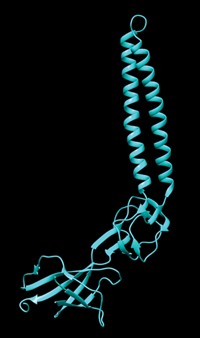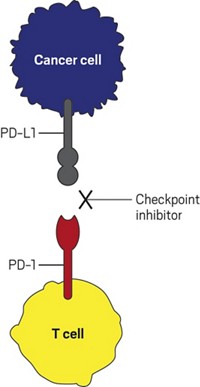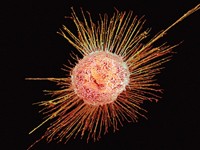Advertisement
Grab your lab coat. Let's get started
Welcome!
Welcome!
Create an account below to get 6 C&EN articles per month, receive newsletters and more - all free.
It seems this is your first time logging in online. Please enter the following information to continue.
As an ACS member you automatically get access to this site. All we need is few more details to create your reading experience.
Not you? Sign in with a different account.
Not you? Sign in with a different account.
ERROR 1
ERROR 1
ERROR 2
ERROR 2
ERROR 2
ERROR 2
ERROR 2
Password and Confirm password must match.
If you have an ACS member number, please enter it here so we can link this account to your membership. (optional)
ERROR 2
ACS values your privacy. By submitting your information, you are gaining access to C&EN and subscribing to our weekly newsletter. We use the information you provide to make your reading experience better, and we will never sell your data to third party members.
Biological Chemistry
Engineered bacteria call in immune cells to attack cancer
Microbes act as immunotherapy, recruiting and activating immune cells to slow tumor growth
by Michael Torrice
February 10, 2017
| A version of this story appeared in
Volume 95, Issue 7
Some bacteria excel in environments without much oxygen. Scientists want to harness this ability and enlist the microbes to attack certain low-oxygen targets: tumors.
A team of South Korean researchers reports an engineered version of a bacterium that accumulates in tumors in mice and activates immune cells to slow cancer growth (Sci. Transl. Med. 2017, DOI: 10.1126/scitranslmed.aak9537).
In the past, researchers have engineered microbes to carry anticancer payloads, such as cytotoxic proteins or molecules that cause cancer cells to kill themselves. Now, a team led by Joon Haeng Rhee and Jung-Joon Min of Chonnam National University have developed an attenuated strain of Salmonella typhimurium that releases a protein called FlaB, which is normally part of the virulent bacteria Vibrio vulnificus.
When injected into mice with transplanted tumors, the bacteria accumulated in the tumors, triggering immune cells to infiltrate the cancerous tissue. FlaB released by the bacteria then further activated the immune cells, leading to significantly slower tumor growth compared with tumors in mice receiving injections of buffer or nonengineered S. typhimurium.
Neil St. John Forbes at the University of Massachusetts, Amherst, notes that other groups have developed bacteria that release immune-activating molecules such as cytokines. But, he says, the FlaB-releasing microbes appear to have a more dramatic antitumor effect. Forbes thinks the next step is for the researchers to further investigate the mechanism behind the microbes’ success.





Join the conversation
Contact the reporter
Submit a Letter to the Editor for publication
Engage with us on Twitter